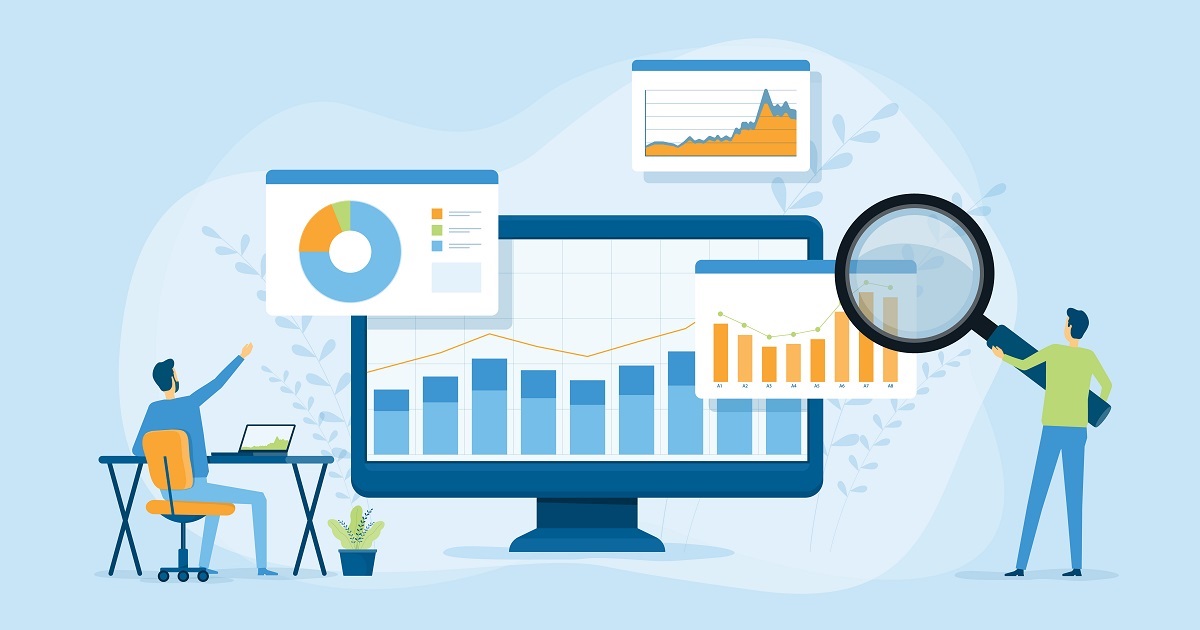Introduction
According to the World Economic Forum, “Small and medium-sized enterprises (SMEs) represent approximately 90% of global business and more than half of global employment.” They have an essential role in the world’s economy.
Technologies like the Internet of Things (IoT) can leverage SMEs to drive growth and efficiency. IoT solutions and platforms have emerged as powerful tools for SMEs to improve their operations and customer experiences.
In this blog, we will dig into the advantages of IoT platforms for SMEs, use cases for various industries, challenges, and factors to consider when selecting an IoT platform.
Overview of IoT Platforms
An IoT platform consists of interconnected components that collect, process and analyze data from IoT devices.
There are three types of IoT platforms:
Cloud-Based
On-Premises
Hybrid
Microsoft Azure, AWS IoT, and IBM Watson IoT are popular IoT platforms for SMEs.
Benefits of IoT Platforms for SMEs
There are various benefits of IoT platforms for SMEs. Some of them are the following:
Improved productivity and efficiency:
IoT platforms enable SMEs to monitor and automate their operations, reducing the need for manual intervention. For example, a manufacturing SME can use IoT sensors to track machine performance and identify potential issues before they cause downtime. By automating routine tasks, SMEs can reallocate resources to more critical tasks, lowering operational costs.
Enhanced customer experience:
IoT solutions can assist SMEs in better understanding their customers’ behavior, preferences, and needs. SMEs can personalize their services, improve customer engagement, and provide a consistent experience across channels by analyzing data from IoT devices. A retailer, for example, can use IoT sensors to track foot traffic and optimize store layouts to maximize customer flow.
Better decision-making:
IoT platforms provide SMEs with real-time insights and analytics to make data-driven decisions. For instance, a logistics SME can use IoT sensors to monitor the location and condition of goods in transit, optimizing delivery routes and reducing transportation costs. By analyzing data from various sources, SMEs can identify trends and patterns, enabling them to make informed decisions.
Cost reduction:
IoT platforms can assist SMEs in lowering operational costs by optimizing resource allocation, reducing downtime, and improving supply chain efficiency. For example, a smart building solution can use IoT sensors to monitor energy consumption and optimize usage, lowering energy bills. Furthermore, IoT platforms can assist SMEs in identifying areas where costs can be reduced, such as maintenance and labor.
Increased revenue:
IoT platforms can help SMEs generate new revenue streams by allowing them to create new products and services. A healthcare SME, for example, can use IoT sensors to create a remote patient monitoring system, allowing patients to receive care from the comfort of their homes. SMEs can also create new business models and enter new markets by leveraging IoT solutions.
Use Cases of IoT Platforms for SMEs
There are several Use-cases of IoT Platforms for SMEs.
Manufacturing:
IoT platforms can help to manufacture SMEs optimize their production processes, monitor equipment performance, and reduce downtime. IoT sensors enable SMEs to automate routine tasks, track inventory levels, and monitor quality control.
Logistics and supply chain management:
IoT platforms can help logistics SMEs track the location and condition of goods in transit, optimize routes, and reduce transportation costs. By using IoT sensors, SMEs can monitor temperature, humidity, and other factors impacting the quality of goods in transit.
Agriculture:
IoT platforms can help agricultural SMEs to optimize crop yields, reduce resource waste, and increase sustainability. By using IoT sensors, SMEs can monitor soil moisture, temperature, and other factors that impact plant growth, enabling them to optimize irrigation, fertilizer usage, and pest control.
Healthcare:
IoT platforms can help healthcare SMEs to improve patient outcomes, reduce costs, and increase accessibility to care. IoT sensors enable SMEs to monitor patient health, track medication adherence, and detect potential health issues, enabling them to provide proactive care.
Retail:
IoT platforms can help retail SMEs to personalize customer experiences, optimize store layouts, and reduce costs. SMEs can use IoT sensors to track customer behavior, optimize product placement, and adjust store layouts to maximize customer flow. Additionally, IoT platforms can enable SMEs to offer new services, such as mobile payments and self-checkout.
Factors to Consider When Choosing an IoT Platform for SMEs
When choosing an IoT platform, SMEs should consider the following factors:
Scalability:
The IoT platform should scale as the SME grows and expands.
Flexibility:
The IoT platform should be flexible and customizable to meet the specific needs of the SME.
Interoperability:
The IoT platform should be compatible with other systems and devices, enabling seamless integration.
Security and privacy:
The IoT platform should have robust security measures to protect sensitive data and ensure privacy.
Integration with existing systems:
The IoT platform should be compatible with existing systems and devices, reducing the need for significant investment in new infrastructure.
Conclusion
In conclusion, IoT platforms offer numerous benefits to SMEs, including improved productivity and efficiency, enhanced customer experience, better decision-making, cost reduction, and increased revenue. Across industries such as manufacturing, logistics, agriculture, healthcare, and retail, IoT solutions can help SMEs optimize their operations and create new revenue streams. While there are challenges and limitations to consider, SMEs can leverage IoT solutions to drive growth and efficiency by selecting an IoT platform that is scalable, flexible, interoperable, secure, and compatible with existing systems.
Visit www.akenza.io and www.akenza.io/iot-solutions to learn more.










Comments